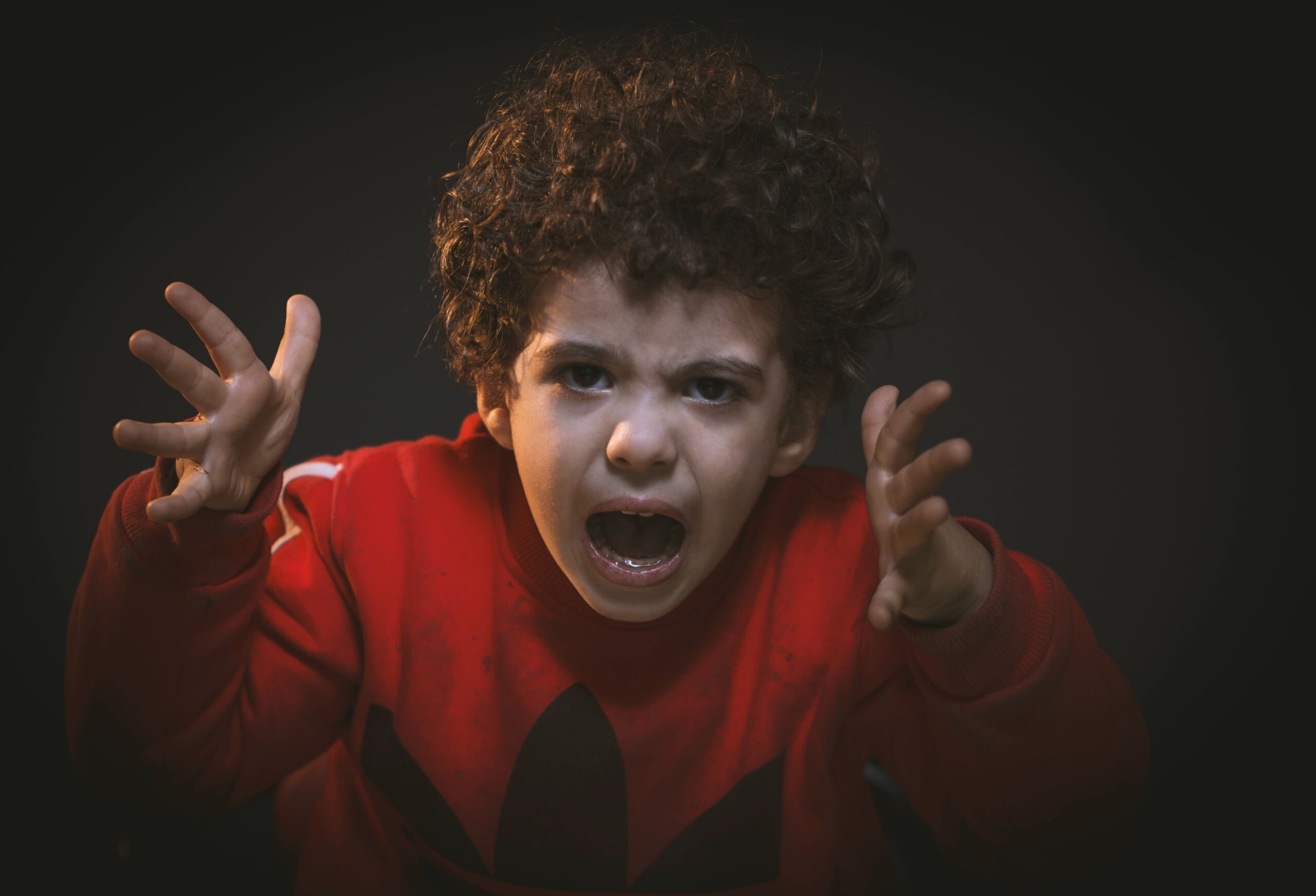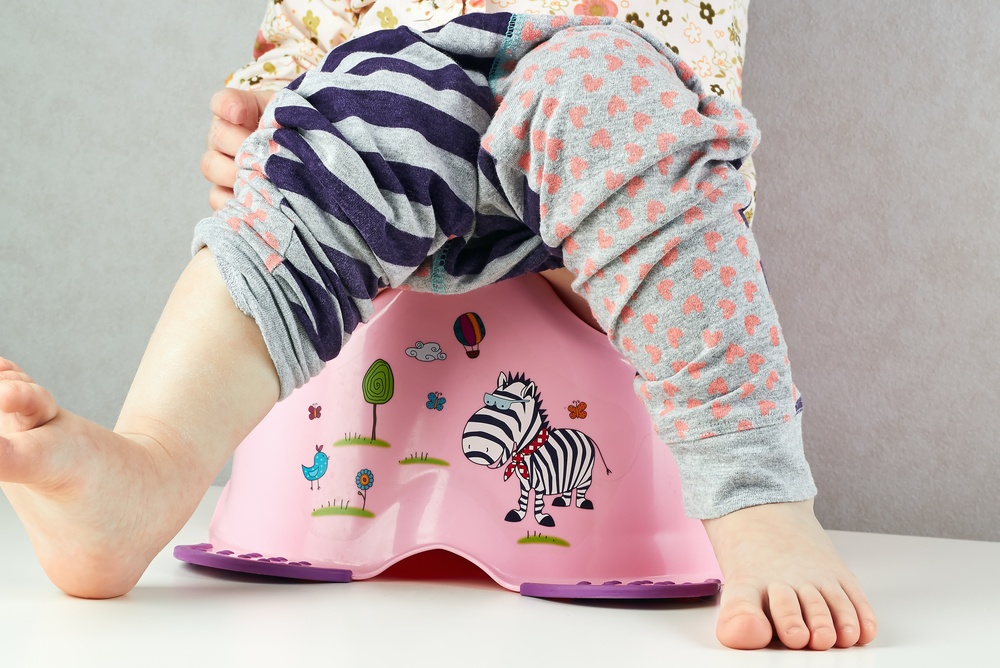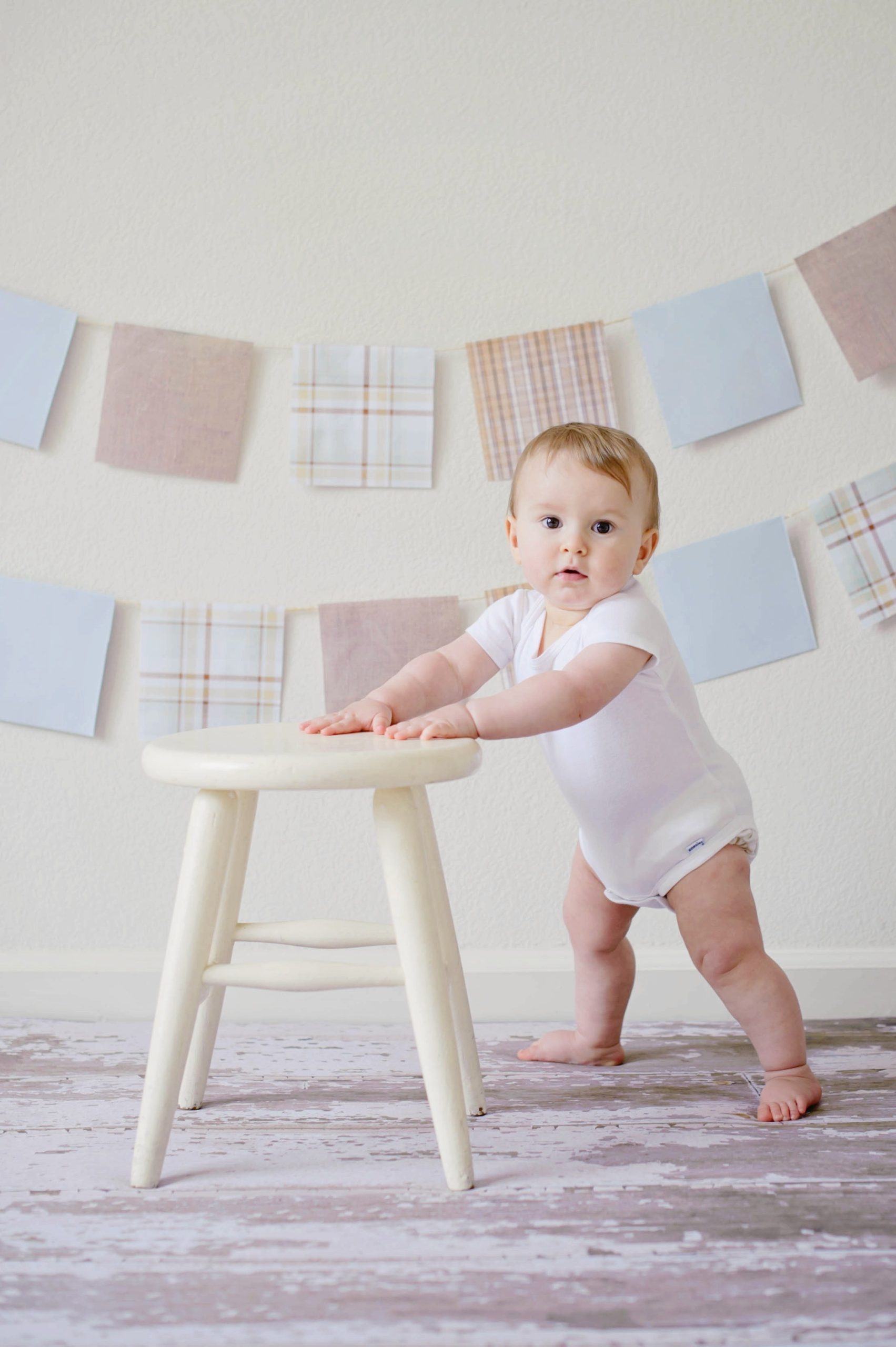When I became a mother, the biggest challenge for me was to manage the anger of my son. In today’s’ generation every child has an anger issues and many parents finds it very difficult to manage it without losing their own calm. I was one of them, being mother of a very stubborn kids, it was very difficult to handle his anger every day.
Child tantrums are common and its very common behavior of toddlers. Most toddlers grow out of this phase, try to communicate and learn to have some patience. Like adults, kids also have lots of emotions like happiness, sadness, love as well as anger. As a kid, they lose their temper very easily and frequently.
Parenting is not at all easy and specially handling a child or toddler with anger issues. Here are my 15 recommendation or ways to help your child to manage their anger.
Table of Contents
1. Try to understand their needs
Understand the reason of anger and child’s need. Try to speak with them why they are showing anger and what they want. Give your child enough space to express their needs rather than showing aggression. Sit with them and talk politely. Sometime showing some love and affection can do wonders in such situation.
2. Think like a child

Reading your child’s mind is a very tough task but if you try to think like a child, you will understand the reason of their anger. Sometimes we think like an adult and it seems like irrelevant to us but it might be important for them. Try not to ignore the problem and find the solution. Behaving like a child with your child can give you solution to many problems.
3. Use distraction
Distract your child with something exciting or new to them. This idea works wonder if child is 2 year old or less, it may not work for older kids because their memory will get better by the age. This might work great if you distract your child before showing tantrums or anger and may not work when they are full-on angry.
4. Find their trigger points of anger
Observe your child closely and understand the situation when they show anger. Sometime kids have particular triggers and patterns on which they get angry. If the triggers are avoidable then try to avoid them and if the triggers are unavoidable then talk to them about them when they are calm.
How to discipline a stubborn child:15 ways to do that easily
5. Try to stay calm and don’t scream at them
If you want to control child’s anger then control your own first. If you try to get angry on child, they will behave exactly the same and will get angrier then you. Always behave calmly and don’t scream on them; behaving aggressively can lead to an aggressive behavior in kids. Aggressive behavior can leave a strong impact on their mental health.
There are many studies that if a child is scold frequently, it will leave a negative foot-print on their minds for the life-time. These kids can have more negative attitude towards life and can face anxiety and depression later on their life.
6. Don’t use commanding and harsh language
If you use commanding and harsh language with your child then you should focus on your behavior also. Children don’t like commands and when you give them commands; their mind reacts in a different way. Try to ask them with kind words and use some kind words like please, thank-you, excuse me, sorry and many more. If you will show them gratitude, they will also learn the same.
7. Give them some time to process the situation
Sometime when we are angry, we don’t want to listen anything. The same happens with the child also. They can’t process what you are saying and what not, so try to calm them first and then talk. Give them some time to calm themselves and hold them until they calm down.
Read this if you want a solution when your child don’t drink milk
8. Don’t get physical with them and don’t hit
Hitting a child is a worse thing that you can do with them as a parent. Never get physical with them, especially when child is having some issues with his/her anger. Hitting can cause negative effects on their brain for later on their life also. Try to talk and solve the problem rather than raising your hands on them always.
9. Communicate about good and bad behavior

Communication is the key in every relationship as well as in parents and child also. Always communicate with them when they are in mood of listening about good and bad behavior. Talk to them what is acceptable and what is not. Keep reminding them about good and bad behavior. Appreciate them whenever they behave well and remind them when they are crossing the lines.
10. Set some rules and consequences
It is always important to set some rules for certain behavior that which one is ok and which one is not ok. Like hitting and spanking is not at all ok. Set some punishment for them and always stick to that. Some children need rules and regulations to thrive. So setting some rules and punishments is always important. Always be consistent in that but try not to rigid, be flexible some times. You can also set some rewards if they behave good, this will encourage them for good behavior and discipline.
11. Don’t give up
Never give up on your child. It takes lots of time, patience, and positivity to encourage a good behavior. Spend some time everyday with each other and have a meaningful conversation. Set a daily routine to follow and help them cope with anger better. Ensure they are getting enough physical activity throughout the day and using their energy.
12. Try to offer alternatives
Don’t say direct NO to child and try to offer alternatives so that it will make them feel like having a control and independence. So rather than telling them what to do or what not, try to offer some choices. By offer them options to choose from as this makes them feel as if they have control over their lives and can independently decide what they would like to do.
13. Appreciate good behavior and show some love with actions
Praise your child whenever possible is always a good way to reduce negativity. Always encourage your child with some good words when he or she behaves nicely. You can also give them small reward for that like cook their favorite food, do their favorite activity, watch their favorite show on TV and so on ( Don’t give them expensive or big reward as it can make them habitual of it ).
Show them love with your actions also like lots of hugs, kisses n all. Keep the positive environment at home all the time.
14. Don’t scare them
Scaring kids with imaginative things can leave a negative impact on their mind which can cause anger issues in child. A child is very sensitive and when they are very young, they belief on everything what they hear from their loved ones. Scaring them frequently can cause a temporary trauma on their mind at that time and in long run it can lead to poor mental health and poor immune system. So stop scaring kids unnecessarily over small things and start talking with them.
15. Keep the screen time low and useful
Last but not the least keeps the screen time low and useful. Keep your child away from technology during early years as much as possible because technology has many negative effects on their brain. They can also cause anger issues in child.





